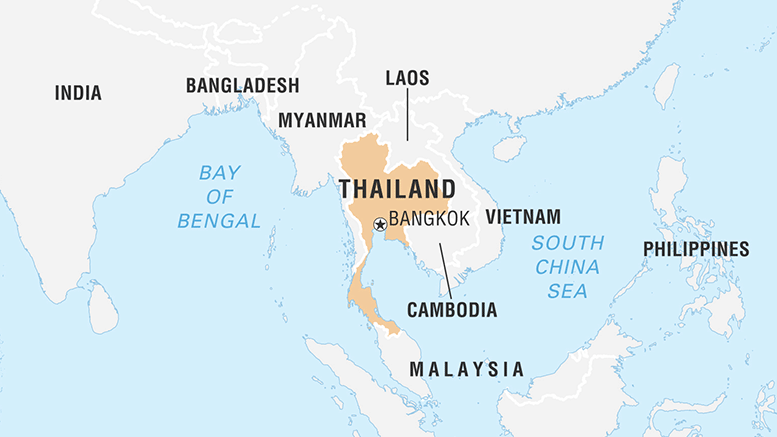Thailand’s Ministry of Public Health has issued a notice allowing hemp to be used in cosmetics, further refining rules after the government removed all components except for the plant’s flowers from narcotics schedules in December 2020.
Under the most recent rules refinement, published in the Government Gazette this month, manufacturers can produce and sell cosmetics with hemp seed oil or hemp seed extract if they do not contain more than 0.2% THC by weight.
To register hemp-containing cosmetics products with the Thai Food & Drug Administration (FDA), applicants must indicate the amount of hemp seed extract or hemp seed oil used in the product, and submit a certificate of analysis, safety data, and a sample label for the agency’s review.
Strict rules
Producers are banned from using brand names and marketing images associated with hemp flowers or narcotics. Brand names containing “inflorescence,” “flower,” “CBD,” “THC” are specifically not allowed. The FDA is to approve or deny applications within three days of filing.
Thailand’s general cannabis law as it affects investment, sales and imports is highly restrictive. Passed in December, the law establishes the limit for THC in industrial hemp at 0.2%, a drastic reduction from an original proposal that would have set the THC limit at a full 1.0%.
The law allows the use of cannabis stalks, stems, fibers, branches, roots, seeds, seed oils & extracts, and leaves, but prohibits the use of flowers (“tips and inflorescenses”), which are the primary source of CBD. CBD extracts with less than 0.2% THC by weight, and residues from extraction with less than 0.2% THC by weight are legal.
3-year government monopoly
While the hemp licensing process is still being refined, permits are restricted to the government and its partners, and hemp products cannot be imported for a period of three years, giving Thai interests the chance to establish commercial operations while holding off international producers from the country’s consumer market of 70 million people. Foreign interests are blocked from any direct participation in an approved cannabis business in Thailand until Feb. 20, 2024. Until that time only limited imports of hemp derivatives will be allowed for research purposes.
Thai hemp strains are considered to have high fiber quality while levels of THC and CBD are low. Yet research on local varieties is scant, and needs to be expanded, the government has said.

